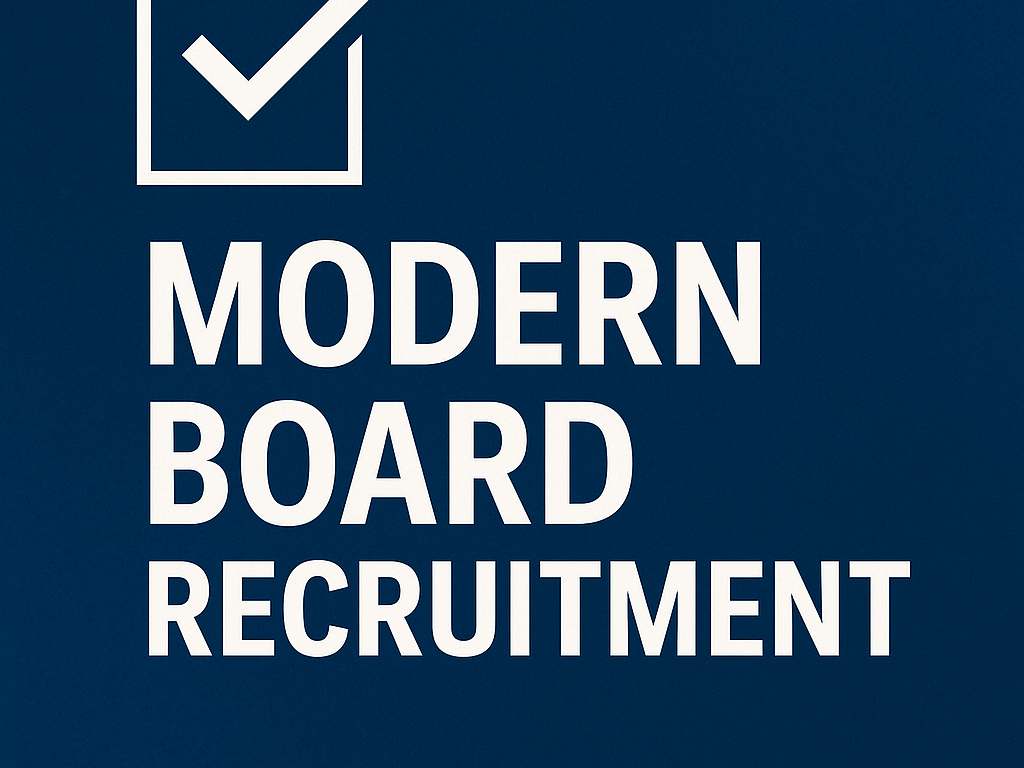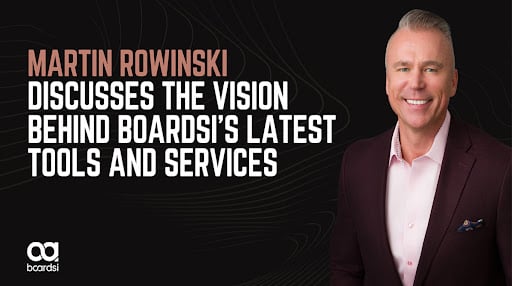SUCCESS… WHAT IS IT? HOW DOES ONE EXECUTIVE BECOME MORE SUCCESSFUL THEN OTHERS? IT IS VERY COMMON FOR PEOPLE TO LOOK AT TOP BUSINESS LEADERS AND WONDER “WHAT DOES HE/SHE HAVE THAT I DON’T?” OR MAYBE “HOW DID THEY GET THERE?” CAN REGULAR PEOPLE BE LIKE THE CEO OF GENERAL MOTORS OR THE PRESIDENT OF J.P. MORGAN CHASE, DO THEY POSSESS AN UNCANNY ABILITY OR TALENT THAT “REGULAR” PEOPLE JUST DON’T HAVE. DO YOU THINK THEY WERE NEVER “REGULAR”?
In reality, all of them started somewhere and in their journey to the top, developed the skills, knowledge and expertise to get to where they are today. With that in mind, here are six tips to help you achieve a successful executive career:
1. Plan a personal strategy
Highly-successful executives know the value of a personal strategy. This means that they develop a career path plan that will serve to not only propel them up the corporate ladder, but also find ways to differentiate themselves from other professionals. Outlining your goals and creating a solid career strategy is step one in building a successful executive career. Benjamin Franklin supposedly once said, “If you fail to plan, you are planning to fail.” Without a plan one can get lost between point A and B, one can forget what the goal is and never achieve the success. Everyone has different goals, define yours and update it as you move up in your career. Adjust to the things happening in your life, but always plan ans stick with it. “Everything we do in life is preceded by some sort of plan.” – The Miracle Of Right Thought by Orison Swett Marden
2. Build integrity and credibility
People that are successful at executive position levels have credibility and integrity which go hand-in-hand. Being a successful executive requires strong leadership qualities and a high level of credibility. You need to be trusted by your team members, your peers, your clients and everyone else. Building credibility within your organization starts the moment you begin your career by exemplifying characteristics like dependability, commitment, and consistency as well as having a proactive and passionate approach to your work. Notice “the minute you begin your career”, this means from your 1st job, start building the credibility with everyone in come in contact with. As your career grows so will others around you. “It takes 20 years to build a reputation and five minutes to ruin it. If you think about that, you’ll do things differently.” – Warren Buffett, CEO of Berkshire Hathaway
3. Networking
“It’s not what you know, but who you know” is an expression you’ve likely heard more than once—and an important one to remember if you are looking to build a successful executive career. Knowledge and skills are important bu developing and maintaining relationships with the right people is key to your success. Experts suggest that in the early stages of your career (and throughout) it’s critical to develop personal networks with peers, managers and others by joining organizations and becoming active within the community. Take the opportunity to be mentored, remember behind every great leader or successful business person is a mentor who inspired and guided them. Find a mentor with Integrity and Credibility, learn what and how they do to be successful. Learn their habits and repeat what they do. “To me, business isn’t about wearing suits or pleasing stockholders. It’s about being true to yourself, your ideas and focusing on the essentials.” – Sir Richard Branson, CEO of Virgin Group “One of the greatest values of mentors is the ability to see ahead what others cannot see and to help them navigate a course to their destination.” — John C. Maxwell
4. Get educated
You may not need a MBA, after all there are exceptions to every rule – there are a few top executives that do not have a college education at all. When looking at statistics, a large percentage earn post graduate degrees in their field. They know how important and necessary they are in attaining upper level positions. For many of today’s top executives, earning a Master of Business Administration (MBA) was a key factor to achieving success. If you look at the smaller percentage of the “no college education” successful executives, they are usually the Founders of their business, possibly one that grew so big that they learned through many mistakes but they never gave up. They had the hard earned “street education”, some had mentors that helped them. Some of these successful founders, also went out and helped other small businesses do the same and they themselves became the mentors.
Here is why it is an advantage to have a degree. Because it provides the necessary skill set to perform the job successfully and elevates you above those who stopped their education after earning a bachelor’s degree. People with MBAs are viewed as a valuable asset to an organization. Some of the most recognizable executives who prove this point:
Meg Whitman, former CEO of eBay
John Chamers, CEO of Cisco Systems
Mitchell Caplan, former CEO of E-Trade Financial Corporation
Charles Halderman, CEO of Freddie Mac
David Simon, CEO of Simon Property Group
John Martin, CEO of Gilead Science
Louis Caldera, former United States Secretary of the Army
“Develop a passion for learning. If you do, you will never cease to grow.” – Anthony J. D’Angelo
5. Be Motivated
Most successful executives share same qualities like competitive, dedicated, goal orientated but a big one is motivation. Having a strong desire to succeed is one of the most important elements. Even with the best training, connections, mentoring and advanced education, if you don’t want success badly enough, you’re not likely to achieve it. Behind every plan one must be motivated to put in the work. For many of today’s top executives, staying motivated was the big factor in their career growth to top. There are always going to be challenges in life, things that don’t go according to the plan but if you’re ambitious and keep your priorities straight, you’ll be able to surpass any obstacle. For every challenge there is a solution, no matter what you must keep your eye on the goal and stay motivated to do what it takes to get there. “There is no secret to success. It is the result of preparation, hard work, and learning from failure.” –General Colin Powell “There is no elevator to success. You have to take the stairs.” – Zig Ziglar
6. Expect Great things
If you follow all 5 steps then don’t forget to Expect Great Things. If you plan, network, find a mentor, get educated and stay motivated then you will follow right along the plan and accomplish great things. “The habit of expecting great things of ourselves calls out the best that is in us.” – The Miracle Of Right Thought by Orison Swett Marden You can never doubt your ability, that is a sign of failure and a beginning of the end of your executive career. Remember, if you follow these steps then you have credibility and integrity and people that follow you and they are there to help you succeed. You have a mentor that most likely has been there and done that, so why would you ever doubt your ability when you can reach out and accomplish anything!









